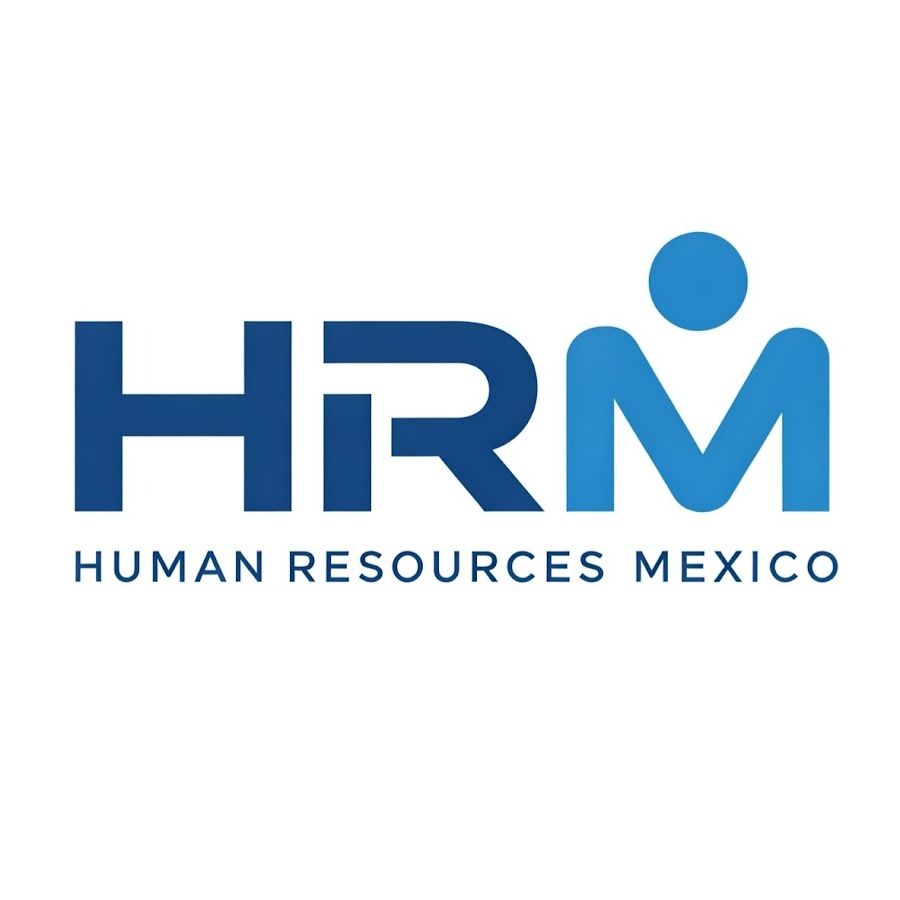Expanding into new markets or hiring globally can be complex, but employer of record (EOR) services simplify that process. The right EOR provider can handle compliance, payroll, and HR administration across borders so your team can focus on growth and other initiatives. In other words, EORs are a faster, safer, and cost-friendlier way of hiring internationally, especially if you’re only hiring a handful of people in each geography, as opposed to opening a whole new branch.
If you’re evaluating whether these services make sense for your organization, understanding the top employer of record benefits and real-world use cases will help you make the best decision possible. First, we’ll look at the definition of an EOR, a quick overview of the space in 2025, and then we’ll delve into each key benefit.
That said, if you are ready to look at EOR software companies to demo a few, you can check out our EOR buyer’s guide or book a free 1:1 consultation with an advisor.
What Is an Employer of Record?
An employer of record (EOR) is a third-party organization that legally employs workers on behalf of another company. The EOR manages everything from onboarding and payroll to benefits and local compliance, while you retain day-to-day control over the employee’s work. In short, they handle the legal employment side; you manage the performance side.
EOR services have always been a cost-effective and strategic way for companies to expand into new countries without setting up a local entity. In recent years, and more so since the pandemic, this industry has been having something of a moment, thanks to the entry into the market of software-first companies like Deel and Remote. They were among the first to champion the use of a world-class SaaS product to consolidate all EOR data and manage employees overseas, and from there, most companies in the space have followed suit with software products of their own. On the other hand, with the increase in remote work policies, established HCM tools like Rippling also decided to enter the EOR software space.
But what are they good for, exactly? Below, I’ll break down the key benefits of employing an international team member through an EOR.
Employer of Record Benefits
1. Simpler Global Hiring
EORs make it possible to hire employees in multiple countries quickly without needing to establish a local entity. This dramatically reduces setup time from months to days, and makes it way simpler for the client company by expediting the onboarding process, from signing to setting up payroll.
For example, German e-commerce unicorn commercetools partnered with Remote to expand its workforce across 24 countries, adding more than 60 team members in the second half of 2022.
Their VP of People Operations shared, “It would have been impossible to manage that volume of hires internally without their support.” She added, “Without them, we would have to hire an additional three or four people to cover all the local labor laws, taxes, accounting, translation, and payroll responsibilities.” This example illustrates how EOR partnerships quicken global hiring by letting experts handle it, while preventing internal teams from becoming overwhelmed by compliance logistics.
2. Compliance and Risk Mitigation
Employment laws vary dramatically across jurisdictions, and mistakes can be costly. In 2021, oil and gas company Holland Services misclassified 700 employees, resulting in nearly $43.3 million in back wages and damages. EORs specialize in local compliance, staying current with changing regulations to protect companies from such risks. Companies using the right EOR can save thousands in compliance costs, and there’s also the issue of accountability. Who’s responsible for compliance will vary from contract to contract, so it’s a smart thing to ask on a demo and revise before choosing a vendor.
3. Fintech-like Payroll Processes
Managing international payroll can overwhelm small teams with currency conversions, tax withholdings, and statutory benefits varying by country. Mexican startup EasyBroker experienced this firsthand.
Their payroll process previously took three to four days each cycle. After implementing an EOR solution, their Operations and People Coordinator reported: "The whole payroll process used to take three to four days. With Deel, it only takes me 10 minutes; plus, I can upload bonuses with a click." This efficiency gain saved the company 50% in onboarding time and 52% in fees.
We like to think the best EOR companies have UX and UI approaches that are akin to Fintech companies like Wise and Revolut, who have thrived by making personal finance workflows as simple as possible. Why shouldn’t an HR pro managing payroll have a similar experience?
4. Faster Market Entry
Traditional entity setup can take three to six months and cost $60,000-$120,000 per country, delaying crucial market opportunities. EORs enable companies to hire within days and test new markets with minimal risk. Clara, a business expense management platform, exemplified this approach. Founded during the pandemic as a fully remote company, Clara's founders understood that "talent isn't tied to location." Using an EOR allowed them to expand internationally while keeping operating costs flat: "With Deel, we can hire no matter where the people are. At the same time, we save, because the company grows but the operating costs remain the same."
5. Cost and Time Efficiency
Using an EOR is often more cost-effective than forming local entities, particularly when hiring a few employees in a new region. You save on legal setup, accounting, and ongoing compliance management.
A Silicon Valley–based tech startup featured on TCW Global’s blog saw significant savings after partnering with an EOR. The company needed to hire across five European countries but wanted to avoid the heavy administrative lift of establishing multiple local entities. By using an EOR, they saved an estimated $500,000 in legal and administrative setup costs and reduced time-to-market by six months.
In another case, a U.S. healthcare technology firm expanding into the Asia-Pacific region used an EOR instead of setting up regional subsidiaries. This decision reduced their projected expansion costs by around 40% and allowed them to begin operations within weeks instead of months.
Key Use Cases for Employer of Record Services
EOR services support different business models, from startups exploring international hiring to established enterprises optimizing compliance.
Use Case 1: Startups and Small Businesses Expanding Internationally
Startups that want to tap into global talent but lack the resources to establish legal entities benefit most from EOR services. A small tech company in the U.S., for instance, could use an EOR to hire developers in the UAE or designers in the U.K. without handling local employment laws. EORs give smaller teams access to global skills while staying compliant and cost-efficient.
Use Case 2: Fully Remote or Distributed Teams
Remote-first companies often employ staff across multiple countries. Managing payroll and compliance for each can be overwhelming. EORs act as a single point of control, ensuring each employee—whether in Germany or Japan—receives correct pay and benefits. This structure allows distributed teams to stay lean, agile, and legally compliant.
Use Case 3: Large Enterprises Testing New Markets
Even global enterprises use EORs when entering new markets where they’re unsure of long-term demand. Instead of setting up a subsidiary, a multinational can hire sales or marketing staff through an EOR to gauge market performance. If the results are positive, they can later transition to a direct entity model. Learn how this compares to alternative models in our article on Employer of record vs staffing agency.
Would Your Business Benefit from EOR Services?
EOR services provide a fast, compliant, and flexible path to global expansion. From simplifying payroll to ensuring compliance, the top employer of record tools make it easier for any organization to hire abroad without unnecessary legal complexity. Whether you’re a startup building your first remote team or a global enterprise testing new markets, an EOR can help you scale strategically and safely.
Before making a decision, review your goals, team size, and long-term hiring strategy. For a deeper look into pricing models, check our guide on Employer of record pricing. With the right partner, your company can go global confidently, compliantly, and expeditiously.


























